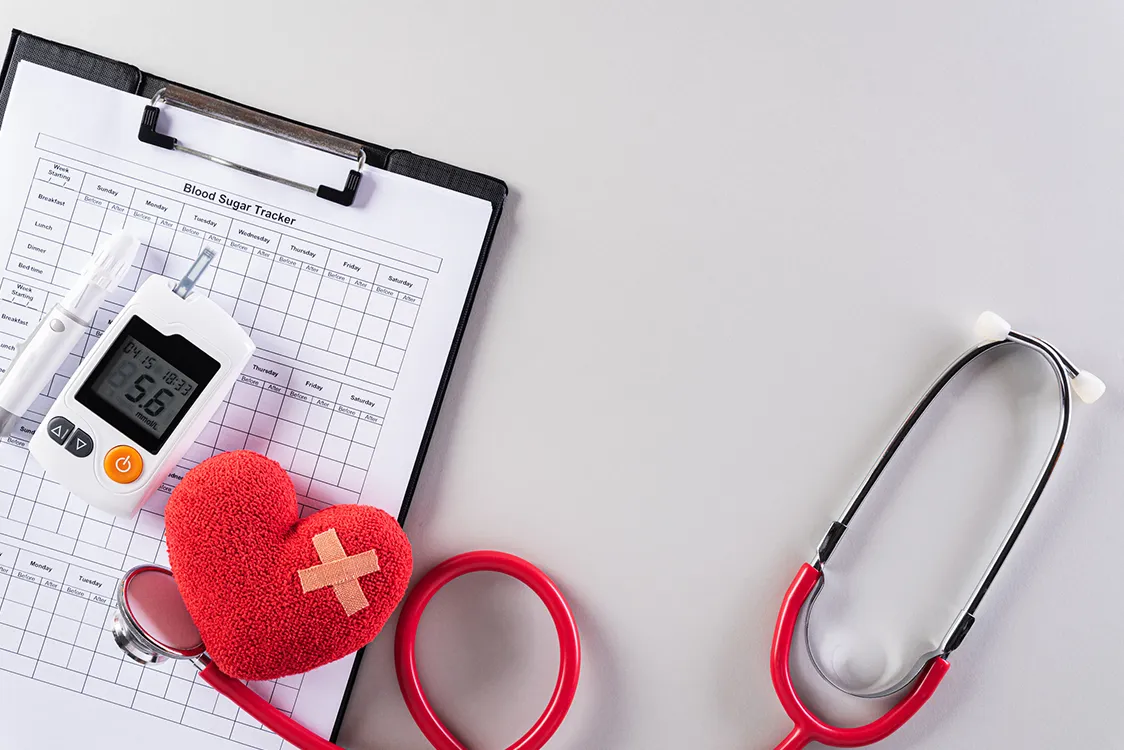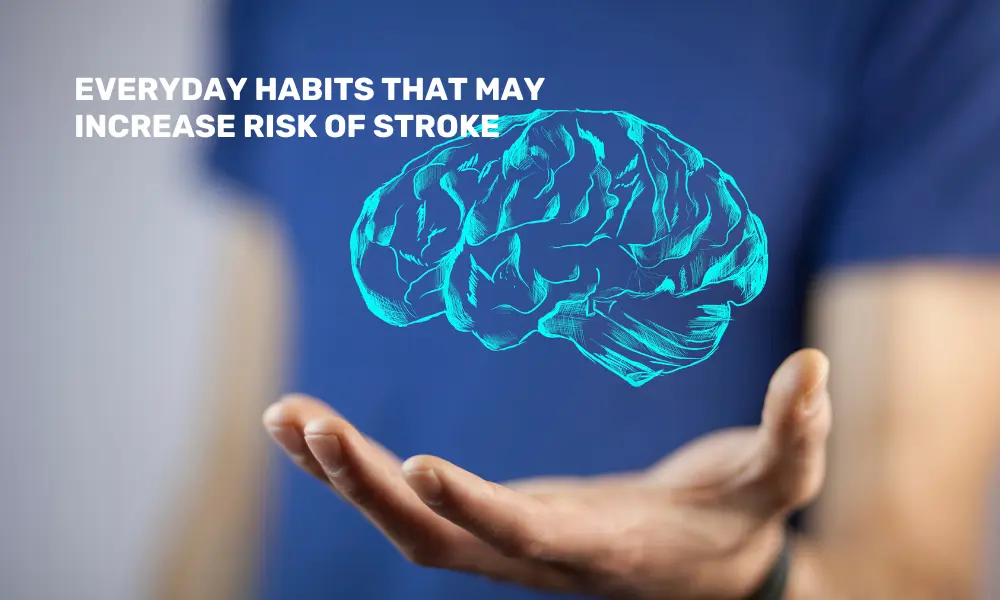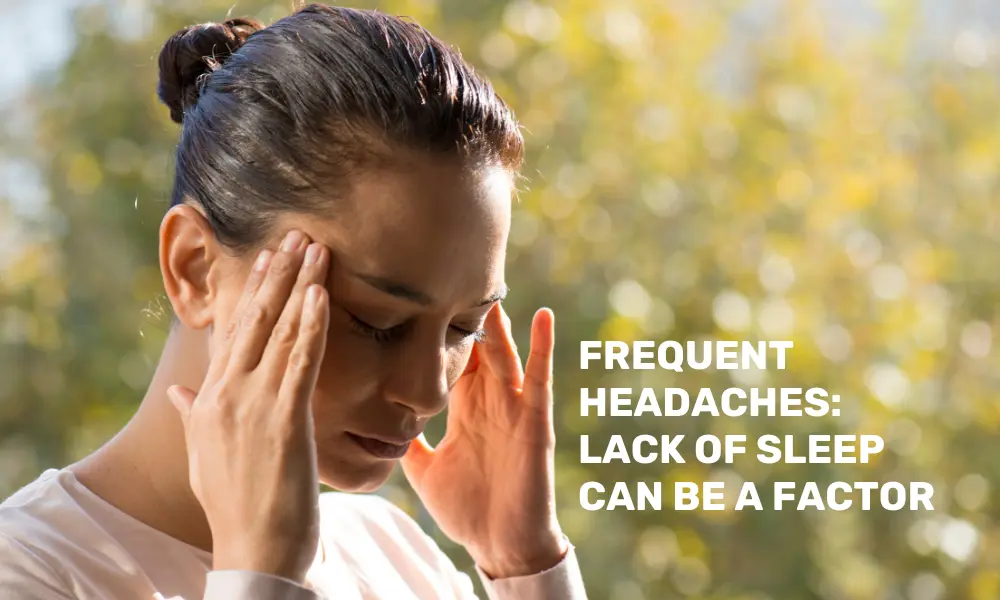In India, almost one in two individuals do not receive the diabetes education they require when diagnosed. IDF projects that by 2030, more than 92 million diabetics will live in India. Additionally, the study reveals a funding and investment gap for diabetes education for medical professionals working in India.
New Delhi: When diagnosed with diabetes, nearly 43% of Indians did not receive enough information and education about their illness. According to a new study from the International Diabetes Federation (IDF) released today in honor of World Diabetes Day, just under one in three people do not regularly receive education from their healthcare provider. One in five people believes they do not have access to diabetes education.
More than 74 million people in India have diabetes, and the majority see a doctor for less than two hours annually, according to the most recent IDF estimates published in 2021.
“In India, 66% of those with diabetes reported having appointments that lasted less than 15 minutes, which is insufficient time to discuss treatment and offer guidance on crucial issues like diet and exercise. Additionally, more than 42% of people with diabetes do not receive additional information to help them manage their condition through in-person or online consultations with a diabetes educator, nurse, or dietitian “IDF analysis revealed.
IDF projects that by 2030, India might have more than 92 million diabetics. This puts a strain on healthcare resources and might lead to people turning to unofficial, non-medical channels for guidance. According to IDF’s research, one in three Indians and just under one-third use Google and social media to learn about diabetes.
The study also reveals a funding and investment gap for diabetes education for medical professionals based in India. Just under half (44%) of doctors and nurses must self-fund their diabetes training. However, many are attempting to better their understanding of diabetes to support patients in their care. Additionally, it was discovered that many healthcare professionals in India lacked adequate printed or digital resources, with nearly one in five (19%) saying they lacked access to teaching resources to educate their patients.





